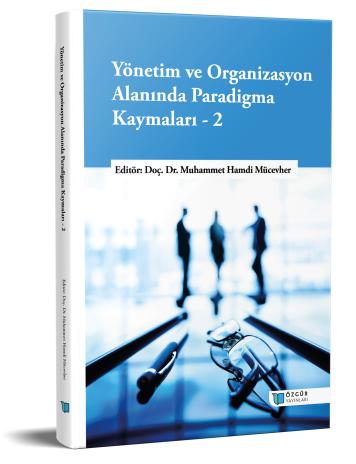
People-Focused Leadership Instead of Business-Focused Leadership
Chapter from the book:
Mücevher,
M.
H.
(ed.)
2025.
Paradigm Shifts in Management and Organization - 2.
Synopsis
Leadership is defined as the ability to influence and direct the behaviors of individuals in the process of achieving organizational goals. Over time, leadership approaches have developed and different approaches have emerged with changing social and organizational dynamics. While traditional leadership is based on authority and task-centered practices, modern leadership approaches emphasize human-focused, participatory and transformative elements. While business-focused leadership focuses on productivity and efficiency; human-focused leadership aims to create a sustainable work environment by focusing on the motivation and development of employees. Although business-focused leadership is effective in creating positive effects on productivity in the short term, it can lead to a decrease in employee loyalty and satisfaction in the long term. Human-focused leadership, on the other hand, has a positive effect on increasing organizational loyalty and solidarity by making employees feel valued. In the modern business world, the importance of leadership approaches that value both results and processes in organizations is increasing. In this context, leaders are expected to be individuals who not only set goals but also inspire, listen and support. In this study, the concept of leadership, which has gained importance in recent years, its historical development and the business-oriented leadership approach and the human-oriented leadership approach are discussed in the form of a literature review. As a result of the literature reviews, these two approaches are considered from a conceptual perspective and evaluations are made to guide future studies.

